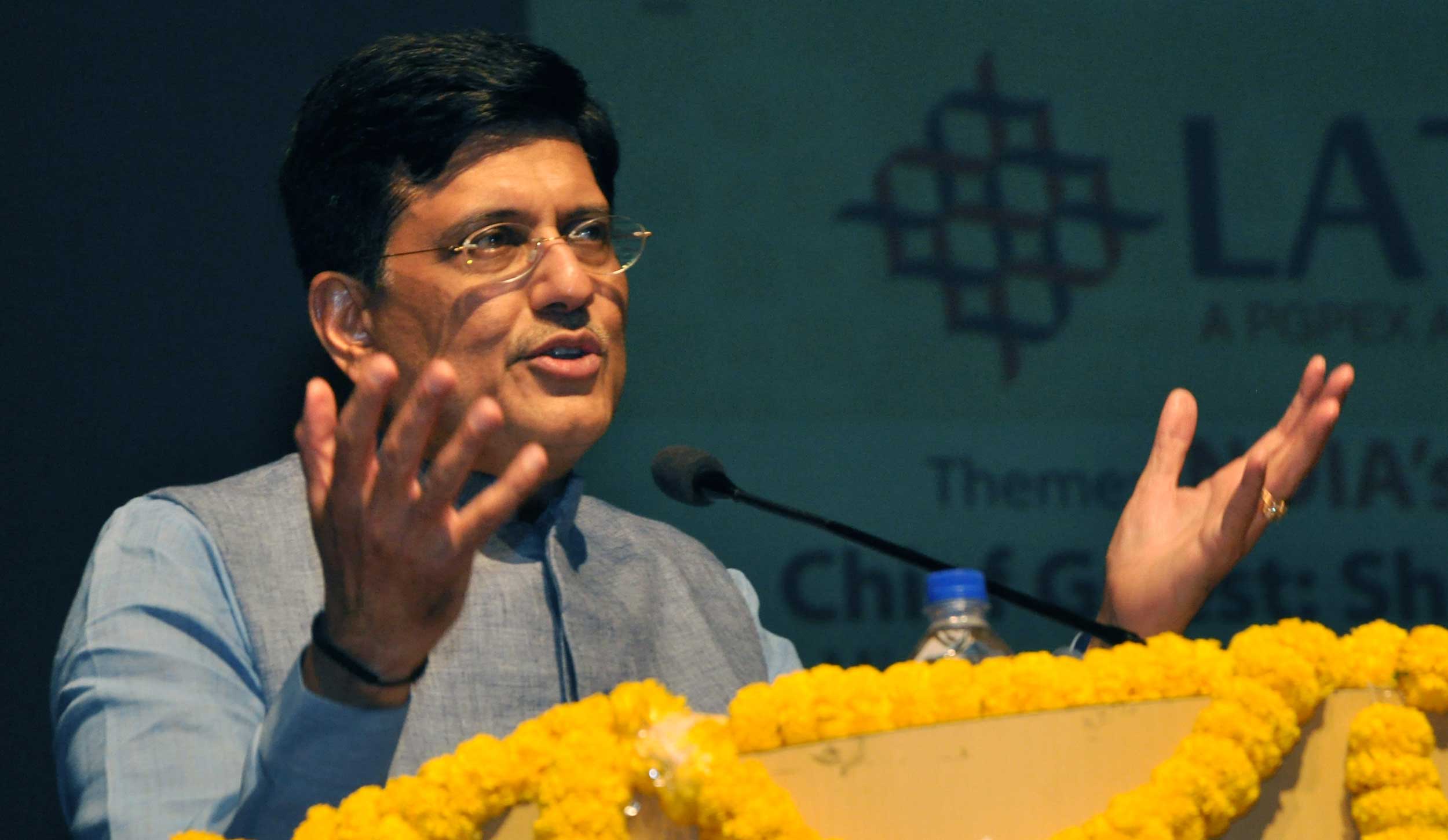The finance ministry, buoyed by the success of meeting the divestment target for two consecutive years, plans to invite bids for lead managers to the initial public offerings (IPO) of RailTel Corporation India and Tehri Hydro Development.
“We plan to come out with the IPO of these two firms by June… plan to invite lead managers for the issue in the next two months to roll the process,” a senior finance ministry official said.
In the interim budget, interim finance minister Piyush Goyal has set a target of Rs 90,000 crore for 2019-20, which is 12.5 per cent higher than 2018-19.
The government had crossed the divestment target for 2018-19 by Rs 5,000 crore — the second time running, aided by Rs 10,000 crore from the fifth tranche of CPSE ETF and Rs 14,500 crore from PFC acquiring the Centre’s stake in REC.
Some of the companies proposed for IPO in the current fiscal include Telecommunication Consultants India, National Seed Corporation India, Water & Power Consultancy Services India, FCI Aravali Gypsum and Minerals India, Indian Railway Finance Corporation, Indian Railway Catering and Tourism Corporation, IREDA and North Eastern Electric Power Corporation.
The ministry also plans to march ahead with the strategic divestment of a host of CPSEs and monetise the non-core assets of state-owned companies.
It also plans to come out with new theme-based ETFs and strategic divestments of state-owned firms.
The ministry is hopeful of competing the strategic sale of Pawan Hans and could revive the strategic sale of Air India by coming out with an attractive proposition for the investors.
Proceeds from divestment comprise a significant part of the non-tax revenue for the Centre. A higher receipt from the stake sale is crucial as there is uncertainty regarding meeting the indirect tax collection target, mainly from the goods and services tax (GST).
Robust revenue collection enables the government to stick to its fiscal deficit target.
For the first time in seven years, the government has exceeded the divestment target in 2017-18, mainly on the back of multiple deals such as an agreement with ONGC for the strategic sale of its 51.11 per cent equity shareholding in HPCL at a consideration of Rs 36,915 crore. The budgeted estimate for 2017-18 was Rs 72,500 crore, which was later increased to Rs 1 lakh crore.
Data show that the government has failed to meet the divestment targets every year, with 2017-18 being an exception. In an average, the government has achieved nearly 65 per cent of the budgeted divestment during 2013-14 to 2016-17.











